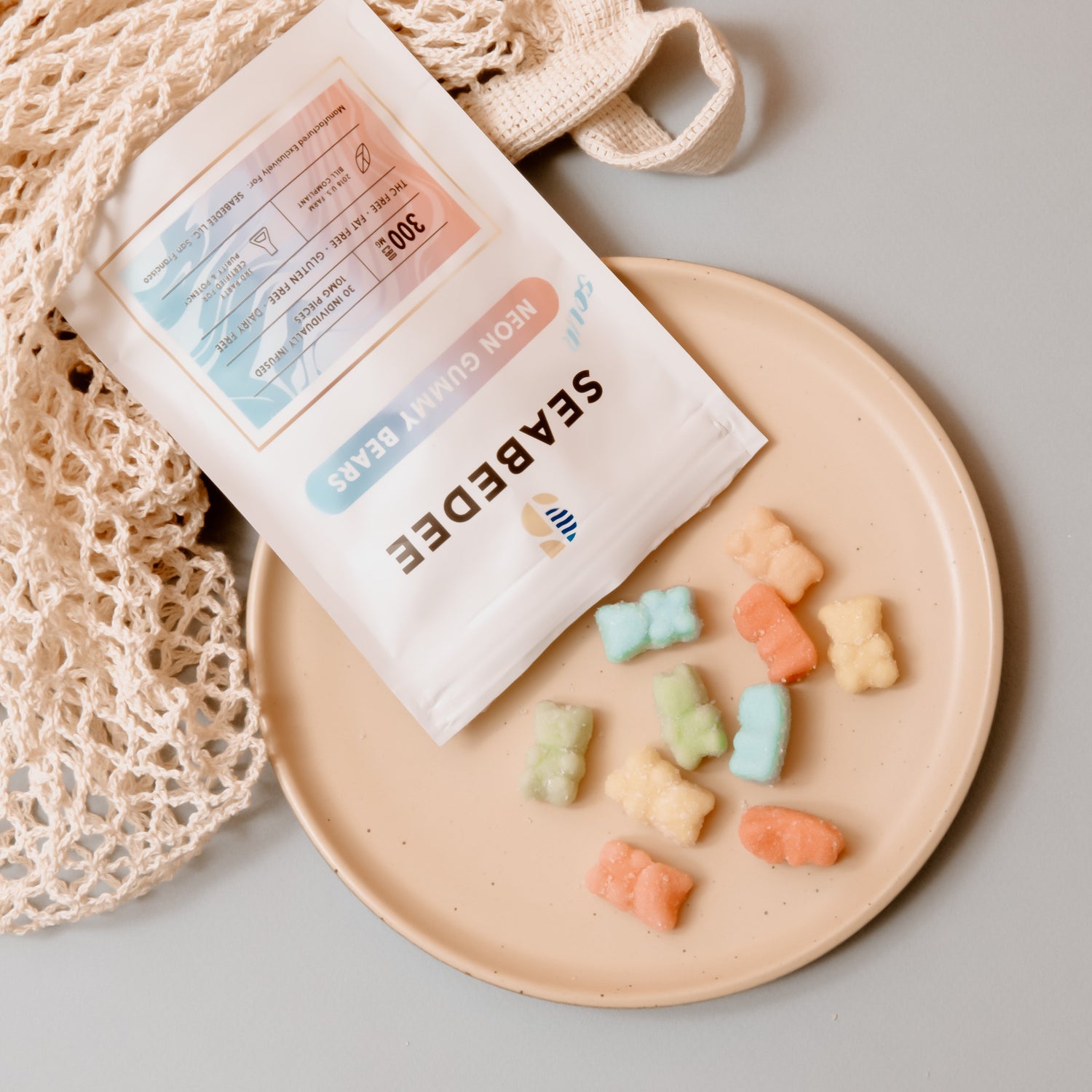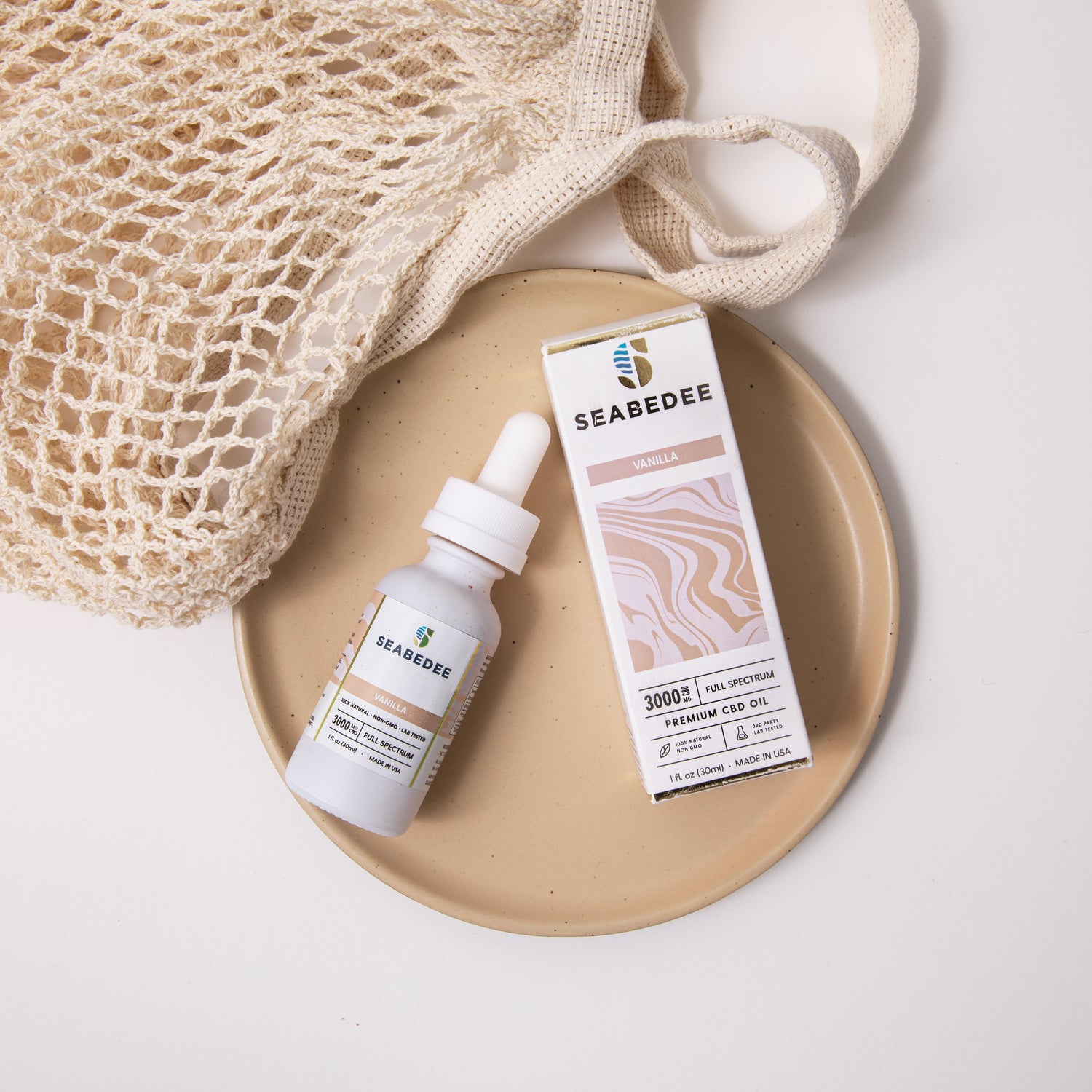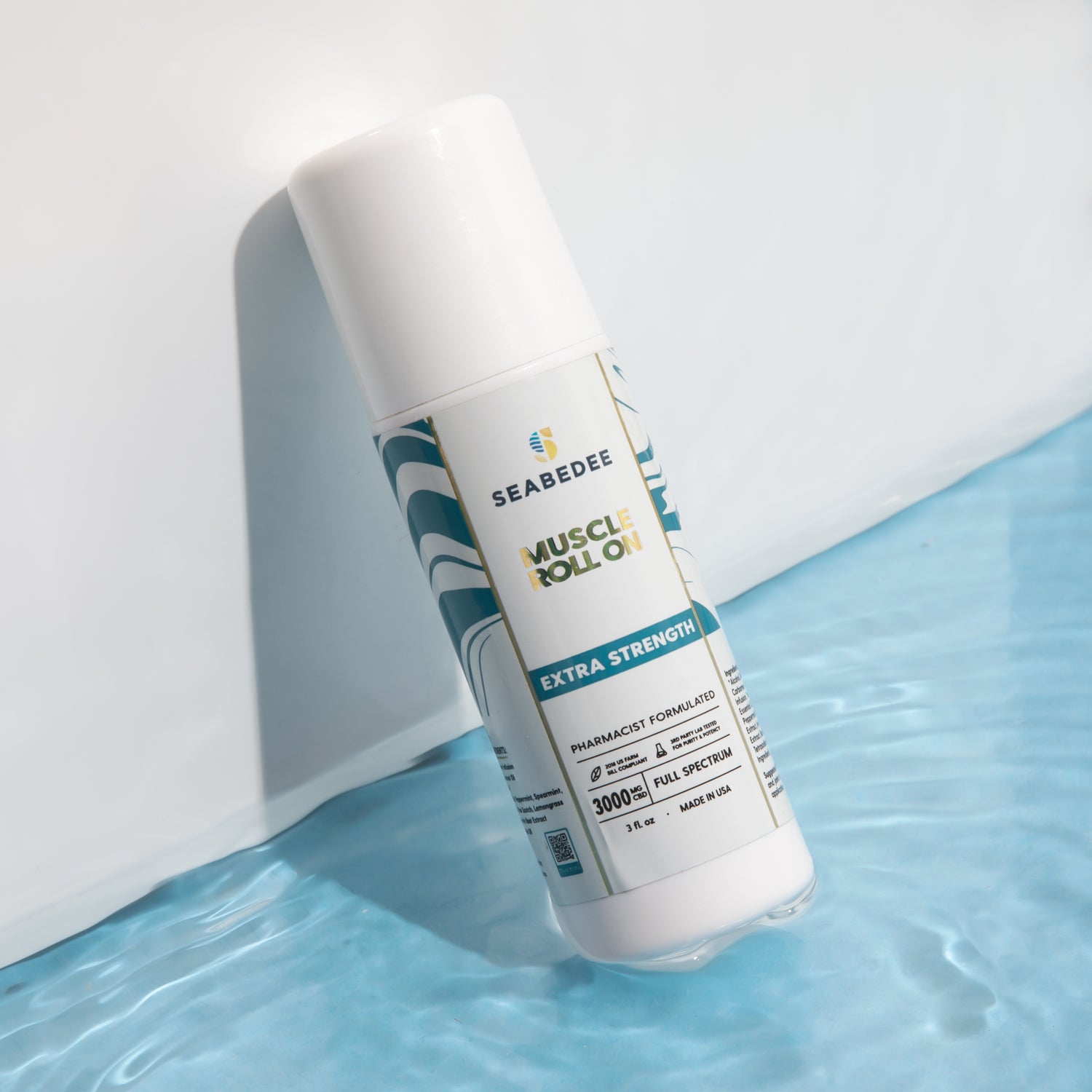Can CBD Aid Sleep, Creativity, & Writers Block?
I’ve been thinking a lot about sleep.
Maybe it’s because for the past year good sleep seems to have eluded me. I wake up with a cloudy mind. Dreams that were once vivid and semi-lucid are now quickly forgotten. I wake up several times a night with nagging thoughts boring holes into the part of my brain that I was once able to turn off.
This in itself could be distressing enough, but I have noticed that when my sleep suffers, my creativity flounders right along with it. Ideas don’t flow as easily as they used to and storylines are harder to keep track of. Without good sleep, there is a haze over my mind that directly affects my clarity and creativity.
As a writer, I tend to be isolated in my mind and, nowadays, in my house. I used to be able to sit in a busy coffee shop to write. It may sound crazy to others, but I was invigorated by my anonymity and the throngs of interesting characters around me. When the pandemic rolled around I isolated quickly, and before I knew it, I basically hadn’t left my home in six months.
I was overtaken with stress and anxiety. The podcasts I used to listen to that inspired creativity were replaced with Chris Cuomo and Rachel Maddow. I started every day with Twitter and four cups of coffee on an empty stomach. I fell into a deep state of depression without even realizing it. I was amongst the many who felt it tone-deaf to complain about anything when so many others were suffering greater pains.
So, I internalized it all. And soon, I began waking up shortly after falling asleep. Then a few times during the night. Then I was tossing and turning, never able to get comfortable. Then I was waking up exhausted. And I stopped writing.
Writing is my main form of creativity, but most forms of creativity are directly affected by sleep impairment.
How Does Sleep Affect Creativity?
Sleep is primarily subdivided into REM (Rapid Eye Movement) and Non-REM.
According to a study by Penny Lewis, sleep and creativity are linked, as the two subdivisions of sleep work together. The memory-replay of Non-REM sleep helps to abstract “gist information” (i.e. the substance of information, if not the exact details). REM sleep provides the “ideal setting for the formation of novel, unexpected, connections within existing cortically coded knowledge.”
Essentially, our sleeping brains fluctuate between REM and Non-REM sleep all night long, unconsciously working through problems through memory-replay and connecting the dots. Within this balancing act, our dreams are taking us on visual journeys through the unknown.
It takes time to get to the levels of sleep-state. In the light-doze level of Non-REM, I have had hypnagogic waking dreams that sparked story ideas. Within the deeper levels of REM, starting around 90 minutes after the first Non-REM cycle starts, the bodies functions steady themselves. Brain activity accelerates — the indication of dreaming.


Perchance To Dream
A lack of sleep is both physically and mentally harmful. Sleep deprivation affects focus and “robs neurons of the ability to function properly…paving the way for cognitive lapses in how we perceive and react to the world around us.”
Creativity has nowhere to land in an unfocused mind.
Mary Shelley had a dream about a man assembled of pieces from a grave that soon became the classic horror tale “Frankenstein”.
Robert Louis Stevenson fever-dreamt three scenes that would provide the basis for Dr. Jekyll and Mr. Hyde.
Shakespeare forced Hamlet to come to terms with death in his soliloquy:
“To die, to sleep —
To sleep — perchance to dream: ay, there’s the rub,
For in that sleep of death what dreams may come.”
These and many more of humanity’s greatest creative works were inspired by dreams. But in the days of technology overload, civil unrest, and worldwide health crises, it is no wonder our sleep has suffered.
I Get By With A Little Help
After months of poor sleep quality, I began researching a possible solution. I tried low-grade sleeping pills, but woke up feeling hungover. I tried Melatonin, but I ended up being unable to sleep at all. At times a finger of whiskey would help relax me, but ultimately was not a solution.
I decided to try CBD for sleep around the same time I was trying it for anxiety. Since my lack of sleep was obviously affected by my anxiety, and my anxiety was clearly connected to my lack of creativity, CBD became sort of a catch-all for my hopes and dreams.
The research around CBD is not absolute, but CBD does attach to the network of cannabinoid receptors within our endocannabinoid system in the brain and central nervous system, and our endocannabinoid system plays a role in our sleep patterns.
I started taking about 25mg of CBD in gummy form and found that over the course of a month my sleep started to improve. I stopped
waking up multiple times a night. The pain in my hip that caused discomfort also lessened, which, while I can’t causate it directly to the CBD, I can at least provide correlation. I still, at times, feel tired soon after I wake up, but combining the CBD at night with ashwagandha and energy gummies during the day has helped my energy levels and, thus my ability to focus and flex my creative muscles.
From my experience, it is imperative to find the things that work for your body specifically. Whether it’s help with sleep, creativity, or both, we may need to look outside of ourselves for the solution. Exercise and clean eating help and, for me, that little extra push of CBD seems to make up the rest of the difference.
Look for my review of Seabedee’s CBD Sleep Blend coming soon!





